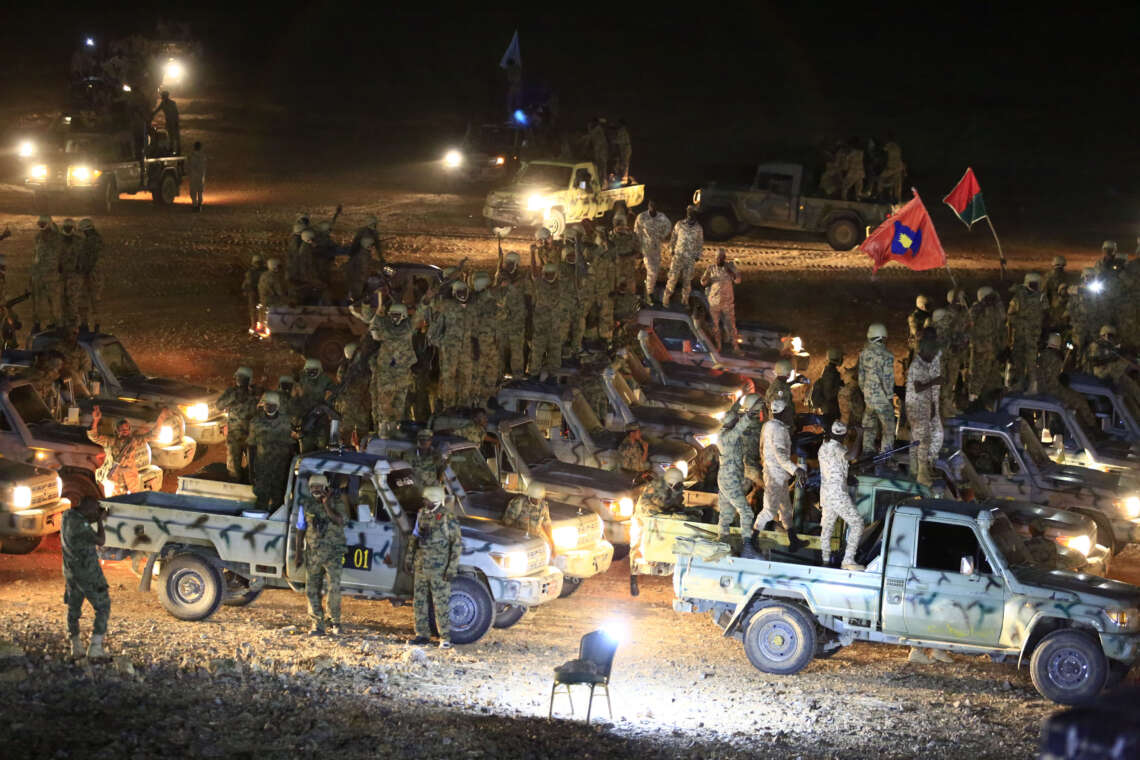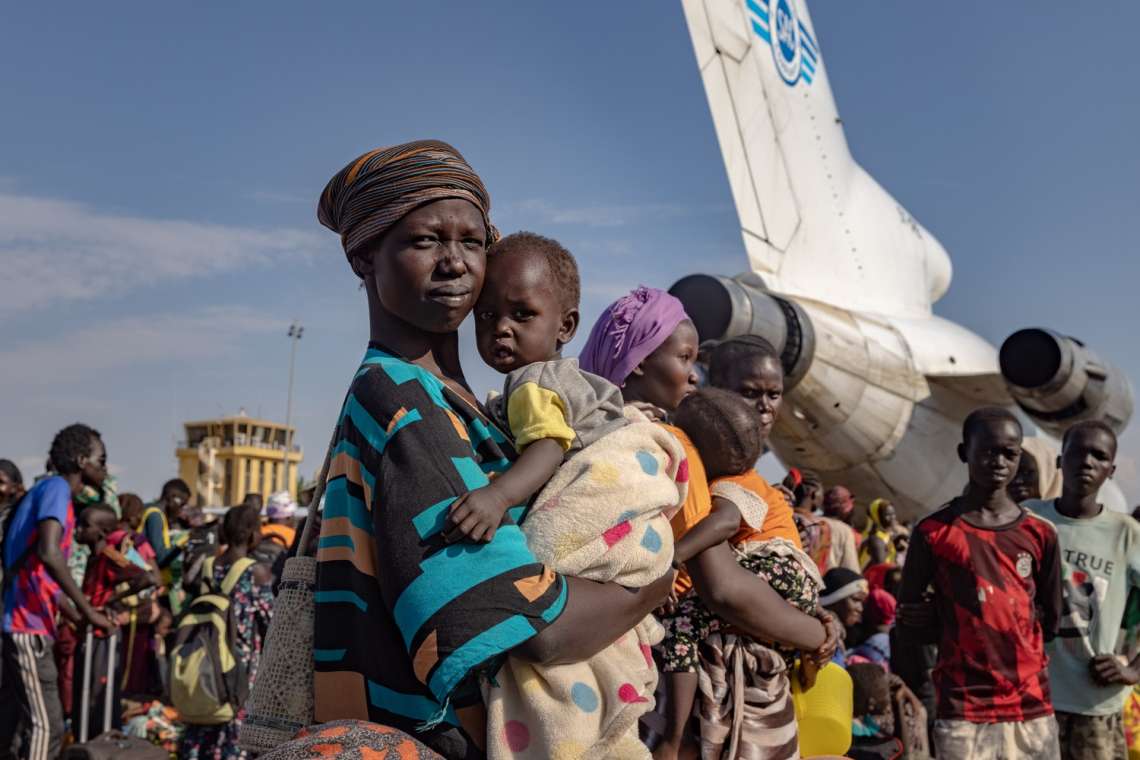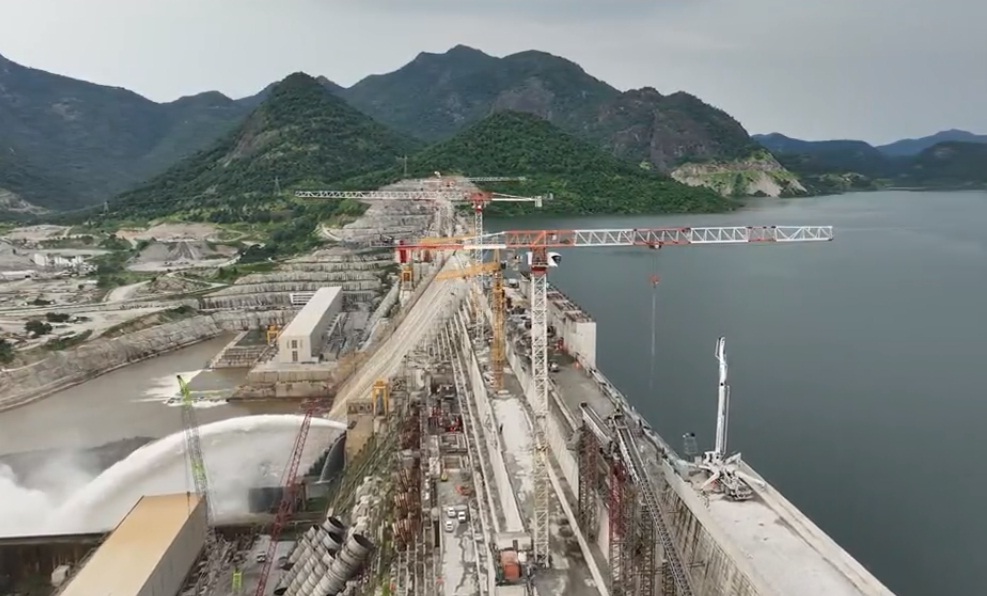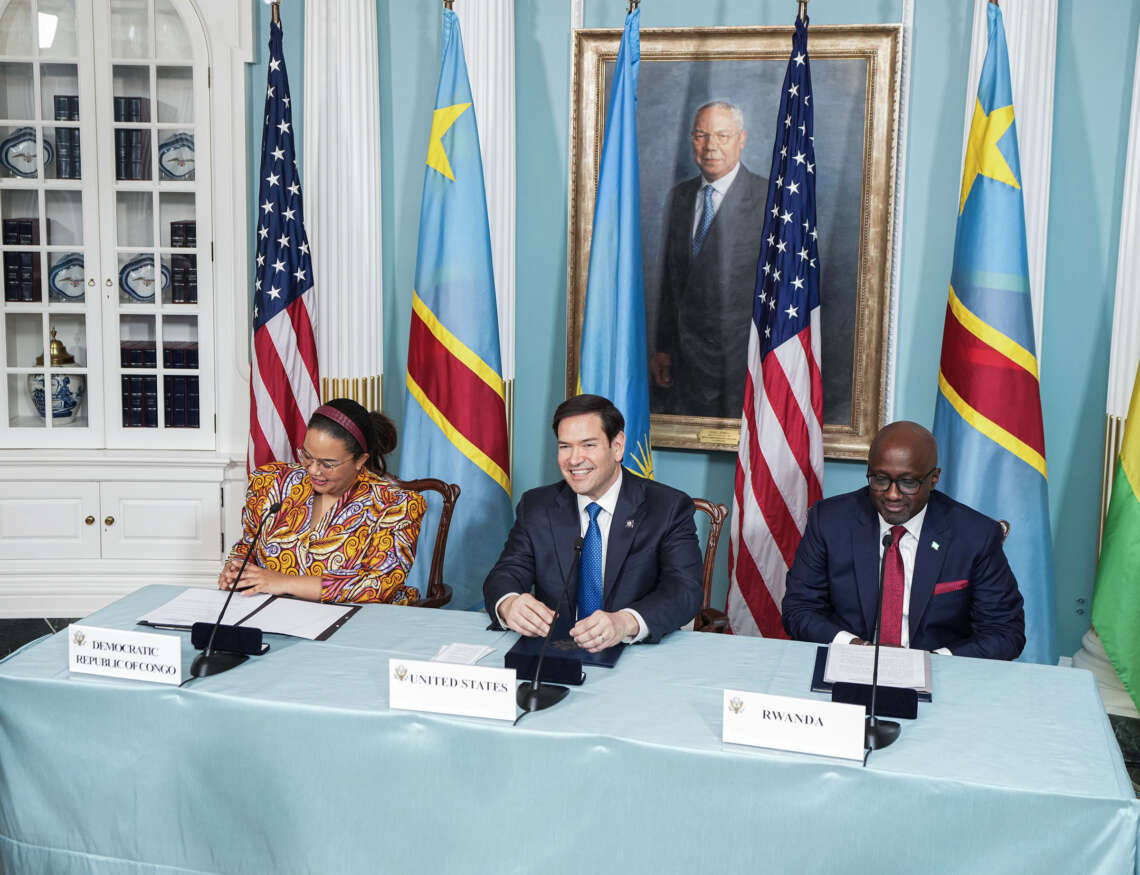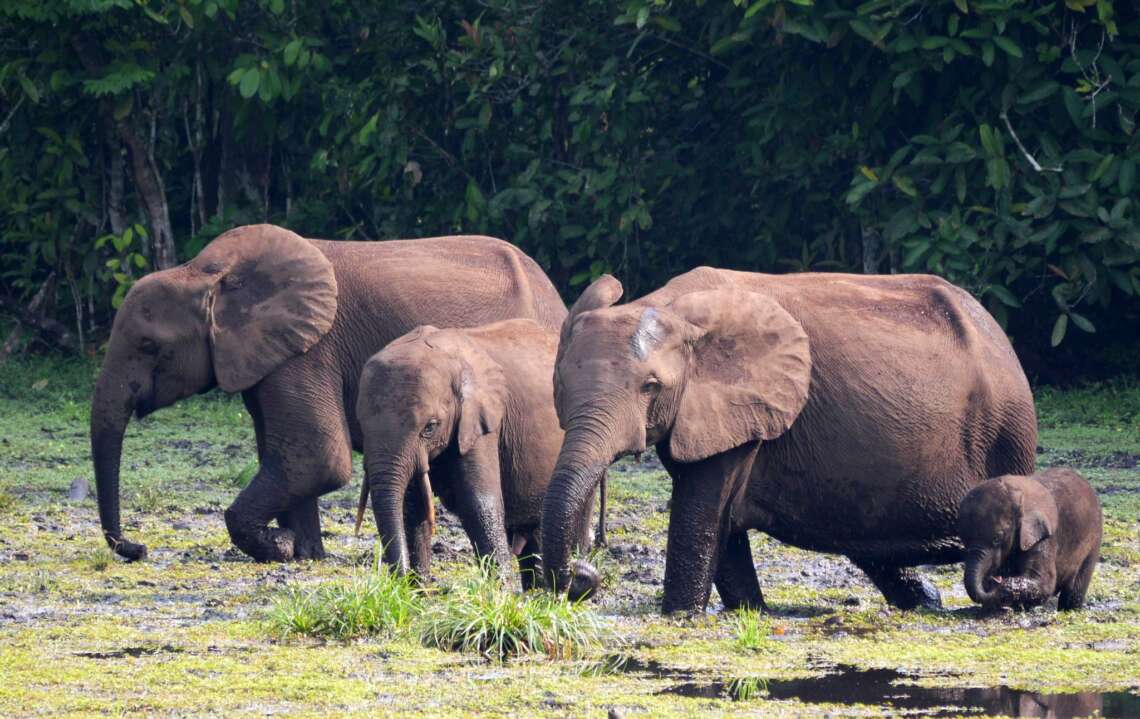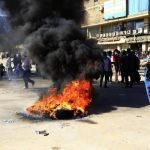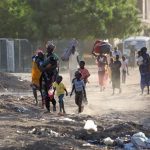The attacks came after six straight days of RSF drone strikes on the army-led government’s wartime capital Port Sudan damaged key infrastructure including the power grid
At least 33 people have been killed in Sudan in attacks blamed on the paramilitary Rapid Support Forces, at war with the army since April 2023, first responders said Saturday.
The attacks came after six straight days of RSF drone strikes on the army-led government’s wartime capital Port Sudan damaged key infrastructure including the power grid.
On Friday evening, at least 14 members of the same family were killed in an air strike on a displacement camp in the vast western region of Darfur, a rescue group said, blaming the paramilitaries. The Abu Shouk camp “was the target of intense bombardment by the Rapid Support Forces on Friday evening,” said the group of volunteer aid workers, which also reported wounded.
“Fourteen Sudanese, members of the same family, were killed” and several people wounded, it said in a statement. The camp near El-Fasher, the last state capital in Darfur still out of the RSF’s control, is plagued by famine, according to the United Nations.
It is home to tens of thousands of people who fled the violence of successive conflicts in Darfur and the conflict that has been tearing Africa’s third largest country apart since 2023. The RSF has shelled the camp several times in recent weeks.
Abu Shouk is located near the Zamzam camp, which the RSF seized in April after a devastating offensive that virtually emptied it. The United Nations says nearly one million people had been sheltering at the site. On Saturday, an RSF strike on a prison in the army-controlled southern city of El-Obeid killed at least 19 people and wounded 45, a medical source said.
The source said that the jail in the North Kordofan state capital was hit by a RSF drone.
The war, which began as a power struggle between army chief Abdel Fattah Al-Burhan and his former deputy, RSF commander Mohamed Hamdan Dagalo, has spiralled into what the United Nations calls the world’s worst humanitarian crisis. It has effectively divided the country in two with the army controlling the north, east and center while the RSF and its allies dominate nearly all of Darfur in the west and parts of the south.
Sudan’s civil defence forces said on Sunday they had “fully contained” fires that erupted at the main fuel depot and other strategic sites in Port Sudan — the seat of the army-backed government which has come under drone attacks blamed on paramilitaries over the past week.
In a statement posted on the force’s Facebook page, civil defence director Osman Atta said the fires — involving “large quantities of petroleum reserves” — were brought under control following an intensive operation using “foam materials” and a “meticulously executed plan”.
The fires caused by a strike on the fuel depot last Monday had spread across “warehouses filled with fuel”, the Sudanese army-aligned authorities said, warning of a “potential disaster in the area.”
The Red Sea port city, which had been seen as a safe haven from the devastating two-year conflict between the army and the paramilitary Rapid Support Forces, has been hit by daily drone strikes since last Sunday.
Elsewhere on Saturday, SAF warplanes struck RSF positions in the Darfur cities of Nyala and el-Geneina, destroying arms depots and military equipment, a military source said. The RSF has recently said it had taken the strategic town of al-Nahud in West Kordofan, a key army supply line to Darfur.
The RSF’s escalation in Port Sudan earlier this month came after the military struck the Nyala airport in South Darfur, where the RSF receives foreign military assistance, including drones. Local media stated that dozens of RSF officers were killed in the attack. Sudan’s army-aligned authorities accuse the United Arab Emirates of supplying those drones to the RSF, which has no air force of its own.
The war began as a power struggle between SAF chief Abdel Fattah al-Burhan and his former deputy, RSF commander Mohamed Hamdan Dagalo. It has effectively divided the country into two, with the army controlling the north, east and centre, while the RSF and its allies dominate nearly all of Darfur in the west and parts of the south. Both sides have been accused of committing war crimes.


